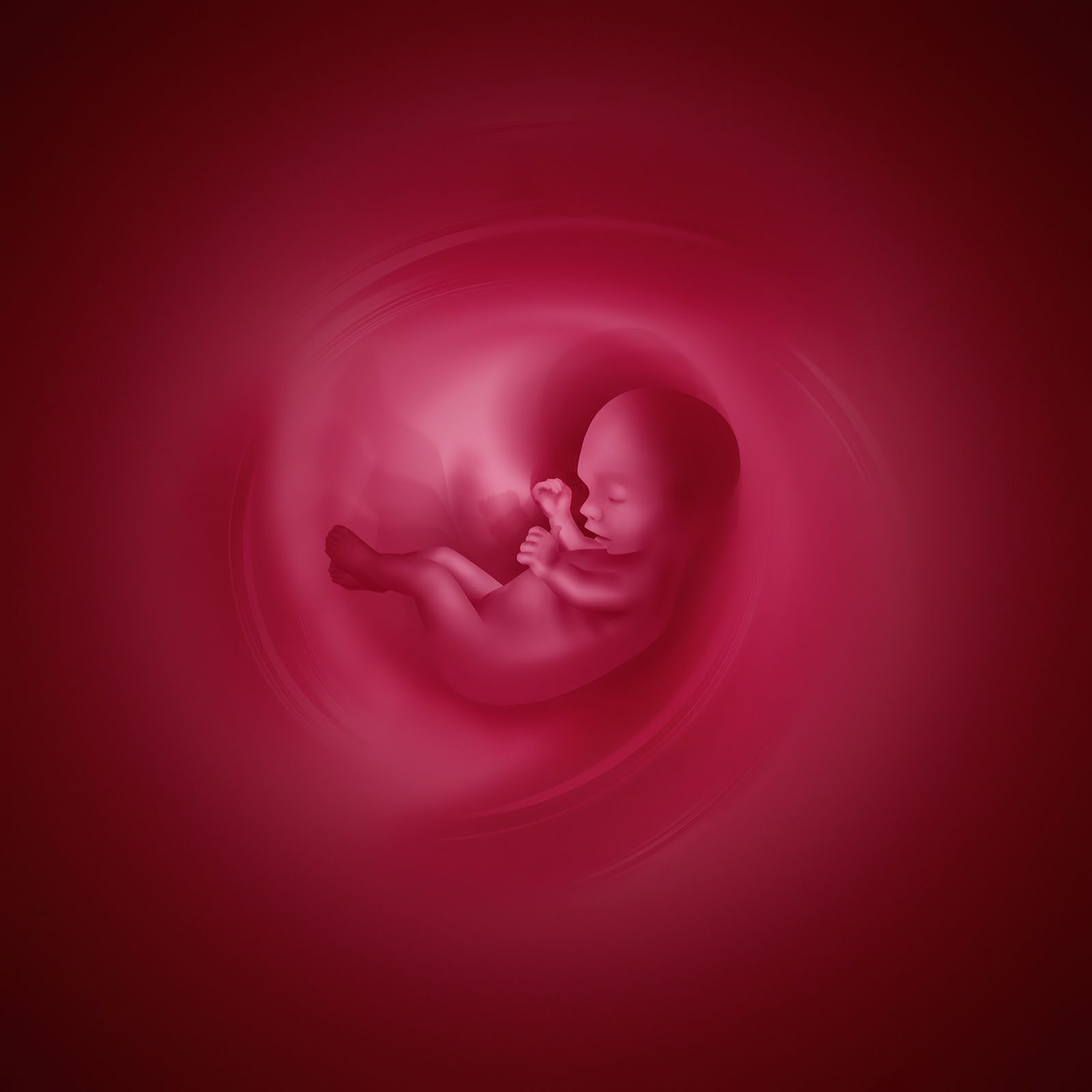We have recently discussed placenta previa, the cause, risk, symptoms, and treatments. But we are not done talking about the placenta! Shared Conception would like to fill you in on another condition that affects our placentas, known as placenta accrete.
What is Placenta Accreta
Placenta accreta is a serious pregnancy condition that occurs when the placenta grows too deeply into the uterine wall. This can result in the placenta detaching from the uterine wall after childbirth. With placenta accreta, part or all of the placenta remains attached. This can cause severe blood loss after delivery.
3 Different types of this condition
Each type is determined by how deeply the placenta is attached to the uterus.
- Placenta accreta: The placenta firmly attaches to the wall of the uterus. It does not pass through the wall of the uterus or impact the muscles of the uterus. This is the most common type of placenta issue.
- Placenta increta: This type of condition sees the placenta more deeply embedded in the wall of the uterus. It still does not pass through the wall but is firmly attached to the muscle of the uterus.
- Placenta percreta: The most severe of the types, placenta percreta happens when the placenta passes through the wall of the uterus. The placenta might grow through the uterus and impact other organs, such as the bladder or intestines.
Who is at risk for Placenta Accreta?
Women who have had multiple cesarean sections carry a greater risk of developing this condition. This results from scarring of the uterus from the procedures. The more cesarean sections a woman has over time, the higher her risk of placenta accreta.
However, women who have had placenta previa should be carefully checked for accreta. Contrary to popular belief, an accreta isn’t always detected on an ultrasound or MRI image before delivery. Although an ultrasound or MRI image can detect an accreta, it is not a guarantee.
What are the risks to the mother and baby from placenta accreta?
The risks of placenta accreta can be severe and can expand beyond the surrogate to the newborn. Once born, the baby may be at additional risk because of premature birth. Risks for the surrogate can include:
- Premature delivery
- Damage to the uterus and surrounding organs
- Need for a hysterectomy (removal of uterus)
- Excessive bleeding or a blood transfusion
- Rarely, death
Is there treatment?
Treatment of placenta accreta can vary. If the condition is diagnosed before birth, the pregnancy will be monitored closely. The caregiver will schedule a c-section to deliver the baby, often earlier than the due date. This is done to decrease the risk of bleeding from contractions or labor. If the woman wishes to have future pregnancies, the caregivers may attempt to save the uterus. However, in unusually severe cases where the placenta becomes invasive to other organs, a hysterectomy (removal of the uterus) may be the best option for the surrogate. Removing the uterus with the placenta still attached minimizes the risk of excessive bleeding, also known as hemorrhaging.









